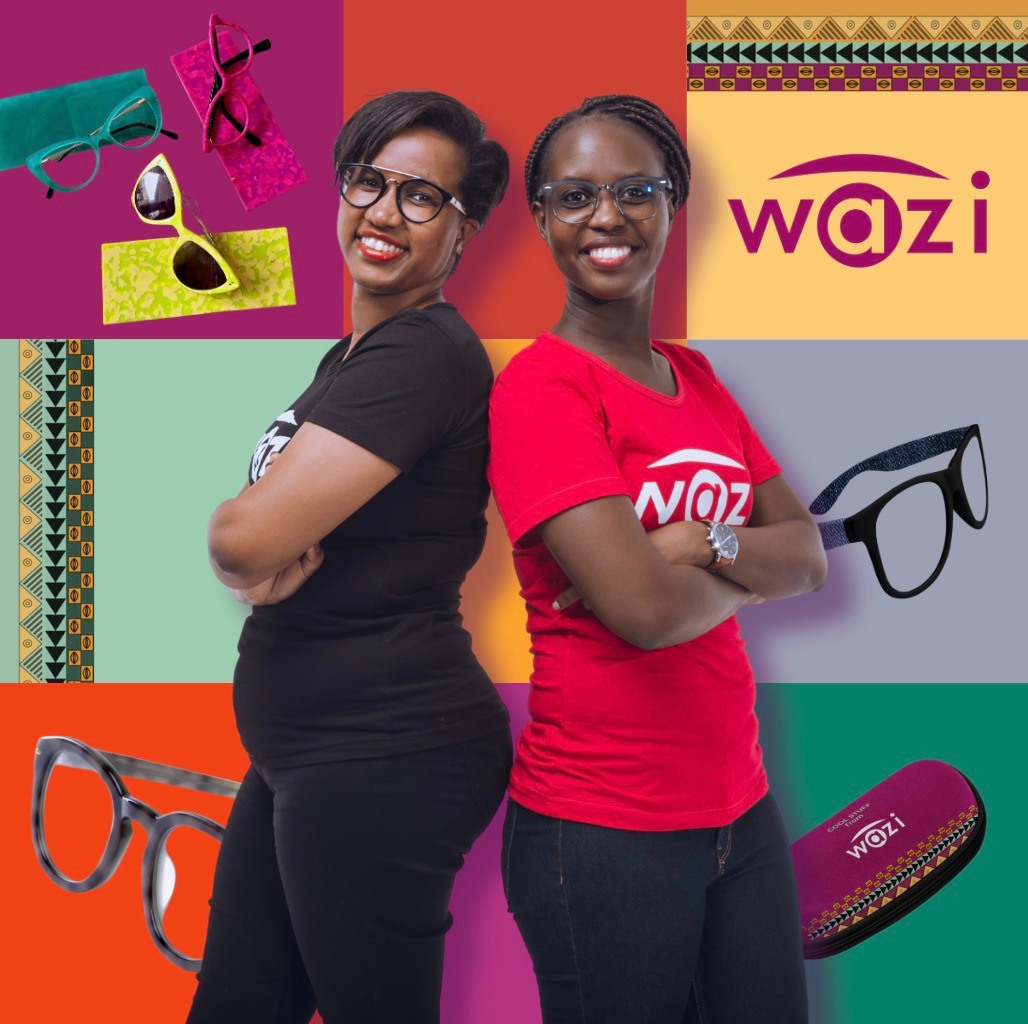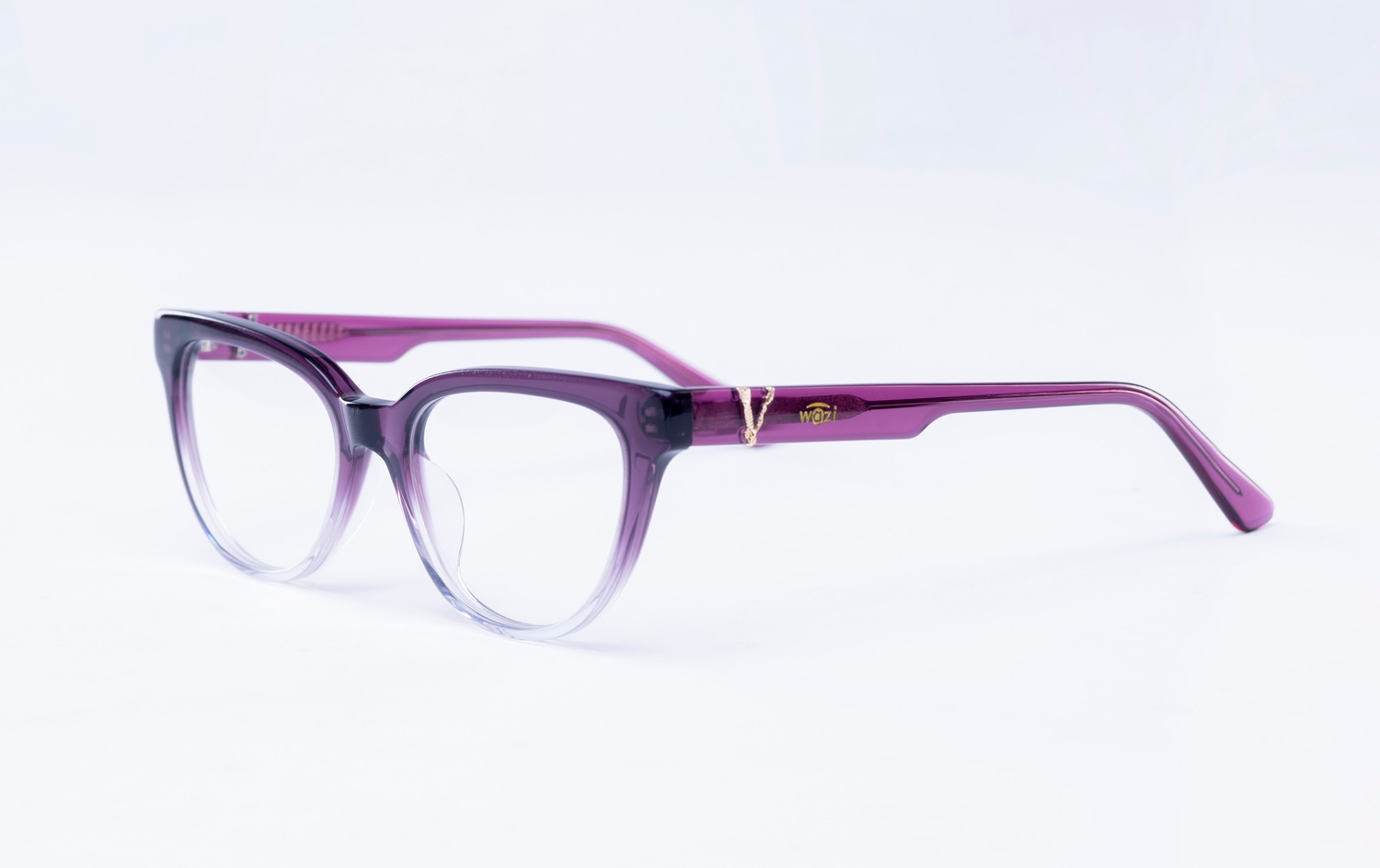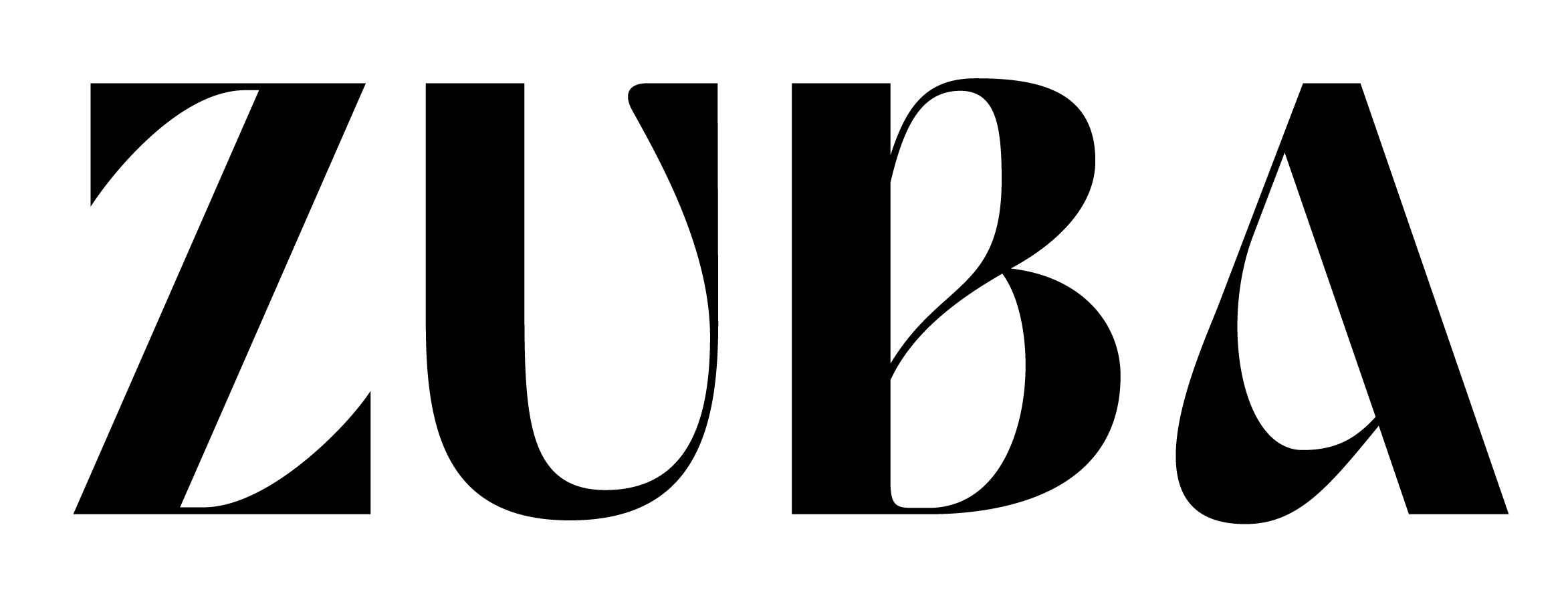A walk-in visit to an eye care center in 2017 opened Brenda Katwesigye’s eyes to the stark income disparities and the exorbitant cost of prescription eyewear. Merging technology, innovation, and impact, she partnered with Geogette Ochieng-Ndabukiye to address the plight of the 345 million Africans with vision defects by launching East Africa’s premier prescription eyeglass manufacturing company, Wazi.
“There are growing cases of myopia, hyperopia, and different refractive errors that affect people’s everyday life, how they drive, how they live, even how students study. So in a big way, eyesight is very critical and often overlooked as a disability. These assisted technology interventions are important to help people globally,” Brenda Katwesigye explains.
With its unique approach to manufacturing and commitment to sustainability, Wazi is transforming the eyewear industry in East Africa.

Brenda’s personal experience inspired the creation of Wazi. “In 2017, I went to get a pair of eyeglasses. At that time, I had a corporate job, and my eyes were not okay. So I walked into this very nice eye care store and realized the glasses were so expensive, even more than my insurance could actually pay for.”
This experience exposed her to what thousands of others go through. Globally, at least 2.2 billion people have a near or distance vision impairment, and at least 1 billion of these could have been prevented or are yet to be addressed, according to World Bank statistics.
“I realized also that good glasses were too expensive, and then the cheap alternatives were very poor quality,” She says, adding Additionally, most frames imported to Uganda were designed for European and Asian faces, with little consideration for African facial features.
This inspired the need to find a balance between affordability, quality, and comfort. “For me, it’s very important to have glasses made for African faces. Most of the glasses that come into the continent are made for European or Asian faces, not for our nose bridges. What happens is the weight distribution is harmful to our faces, and sometimes the vision isn’t as good because the lenses don’t sit properly. To enjoy wearing glasses, we need something made for our nose bridges.”

Wazi Vision uses sustainable materials like recycled waste fabrics, cow horns, and acetate to make their glasses. “Using waste materials is important for us because it allows tailors to earn extra income from materials that would otherwise be thrown away. We pay these tailors for their waste material and use it to make eyeglasses. Economically, it impacts their lives, but also it helps reduce the negative environmental footprint of the textile industry. By repurposing these textiles, we lower our production costs and this allows us to offer affordable glasses.”
Brenda says, the production process starts with computer-aided design. “The production process is really simple there’s the pre processing, the actual manufacturing and the post processing of the materials. But before that, we start with the design process and we use a lot of computer aided design software that enables us to do really nice designs and then after that, we prepare the materials for milling and then we use machine technology to bring these glasses to life. And then there’s post processing which makes the glasses look nice neat and very stylish and comfortable for the face.”
Technology is at the heart of Wazi’s operations. “The entire design process is computerized, using the best software to create our glasses. We are also using machines that are the best in the world we believe.”
Brenda says Wazi is also working to make its glasses even more affordable.
“We are exploring partnerships with payment providers to offer solutions like ‘buy now, pay later,’ so even more people can afford our glasses because a lot of the people that we still interact with can not afford even the more affordable options that we have.”
Wazi glasses cost between $40 and $120. “We have two market segments: the lower to upper-middle class, who can afford between $40 and $150 per pair. We cross-subsidize, meaning the profits from our middle-class sales allow us to provide affordable eye care to those who ordinarily couldn’t afford it.”
As part of this cross-subsidization model, the company holds regular eye care community outreaches that has seen it serve over 1000 people across the country. “This means a lot to me because I am driven by impact.”

Wazi Vision recently announced a partnership with Guardian Health Pharmacies to offer affordable, high-quality eyeglasses across Uganda. This collaboration aims to reduce the stigma surrounding eye care while making stylish glasses accessible through Guardian’s 20 nationwide branches.
In July 2024, Wazi Vision celebrated its seventh anniversary. Reflecting on the journey, Brenda says “it’s been a long one. I don’t have a background in manufacturing, eye care, or optical glasses. To think I am doing this is crazy! But that lack of knowledge turned out to be one of our biggest challenges. It took us five years to do what could have been done in three because we had to fill those knowledge gaps, we had to learn how to make the glasses, we had to understand the eye care industry and that also prolonged our fundraising process. However, the credibility that comes with us knowing these things has enabled us to raise funding that was not possible before.”
Last year, Ethiopian-based Renew Capital expanded into Uganda, investing in Wazi Vision alongside fintech company Xente. Wazi has also received backing from the Assisted Technology Impact Fund and the United African Foundation, which provided initial funding.
Looking ahead, Brenda says, the company has very big plans for the future and are leveraging a lot of partnerships to expand its operations to different Africn countries. “We are looking at Congo, Nairobi and so many different places that we know will expand too soon. So we are really excited about the future.”
Shop Wazi here: https://wazivision.com.

